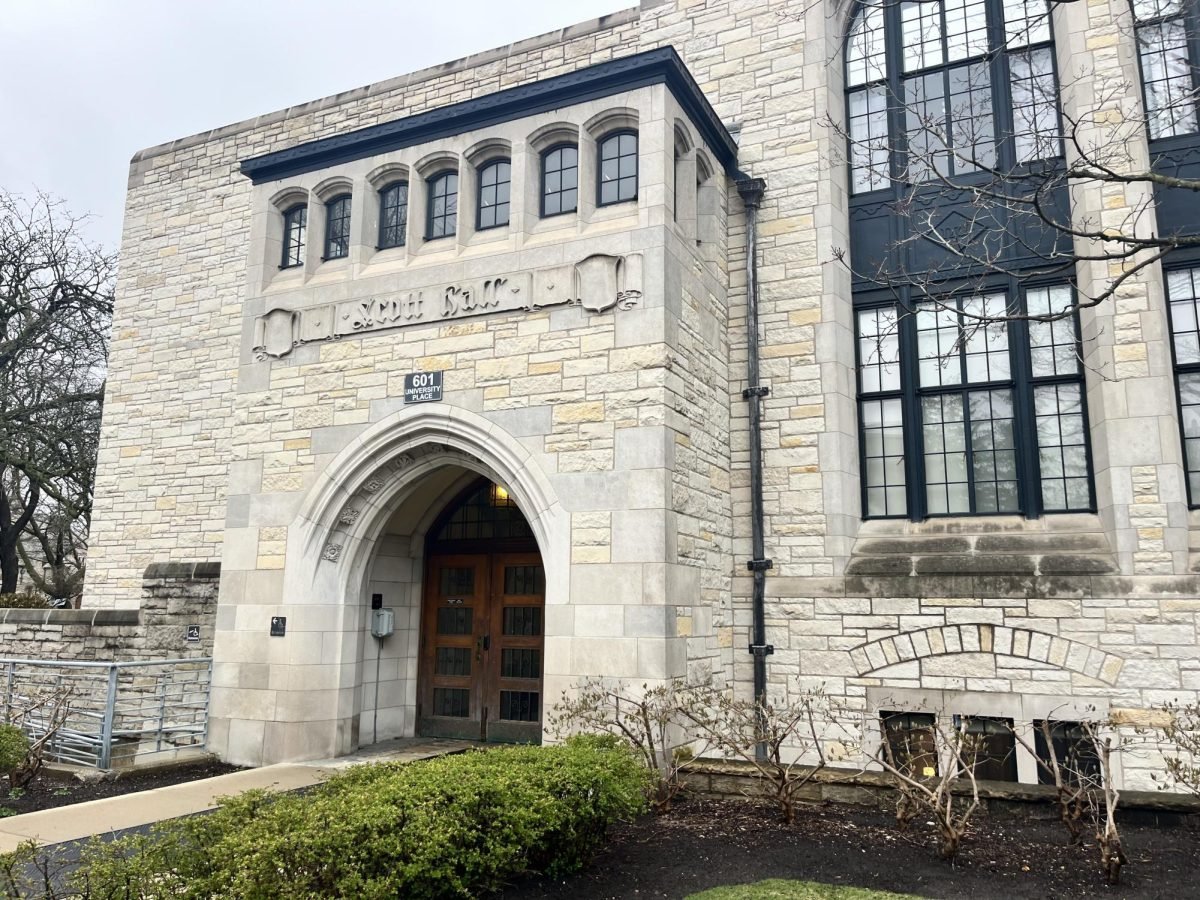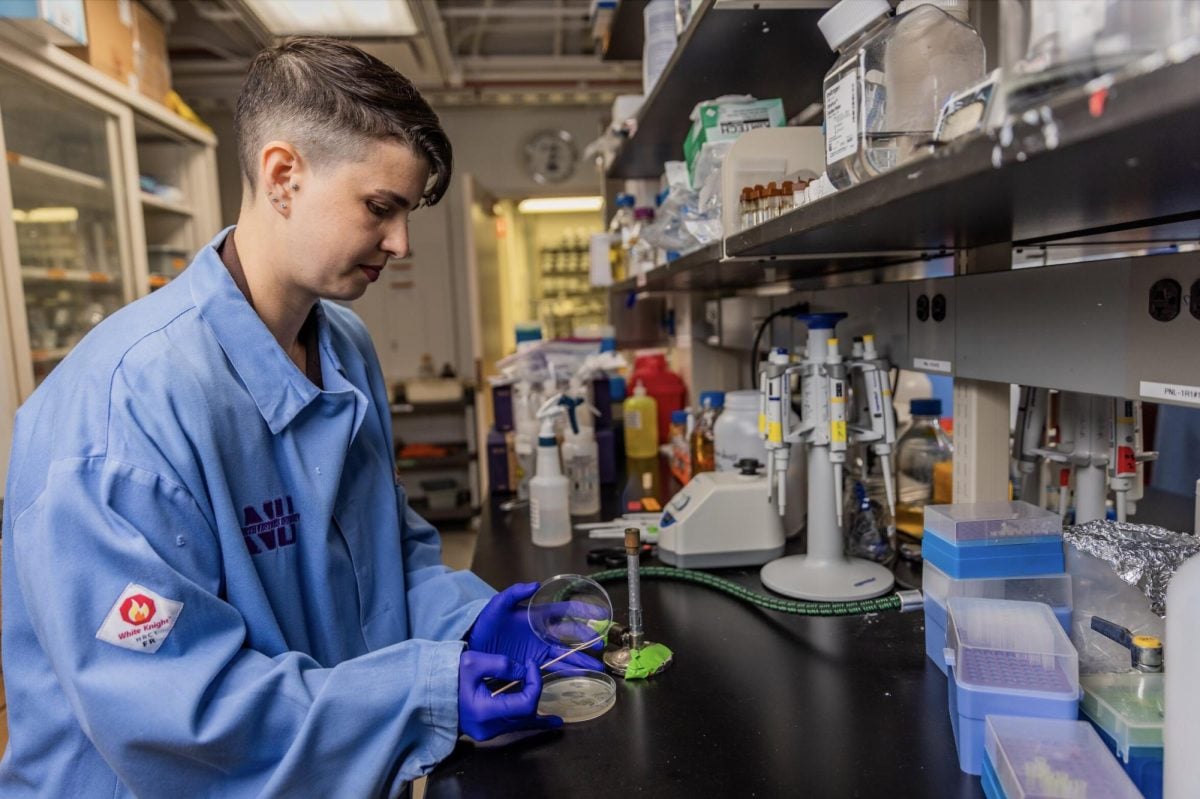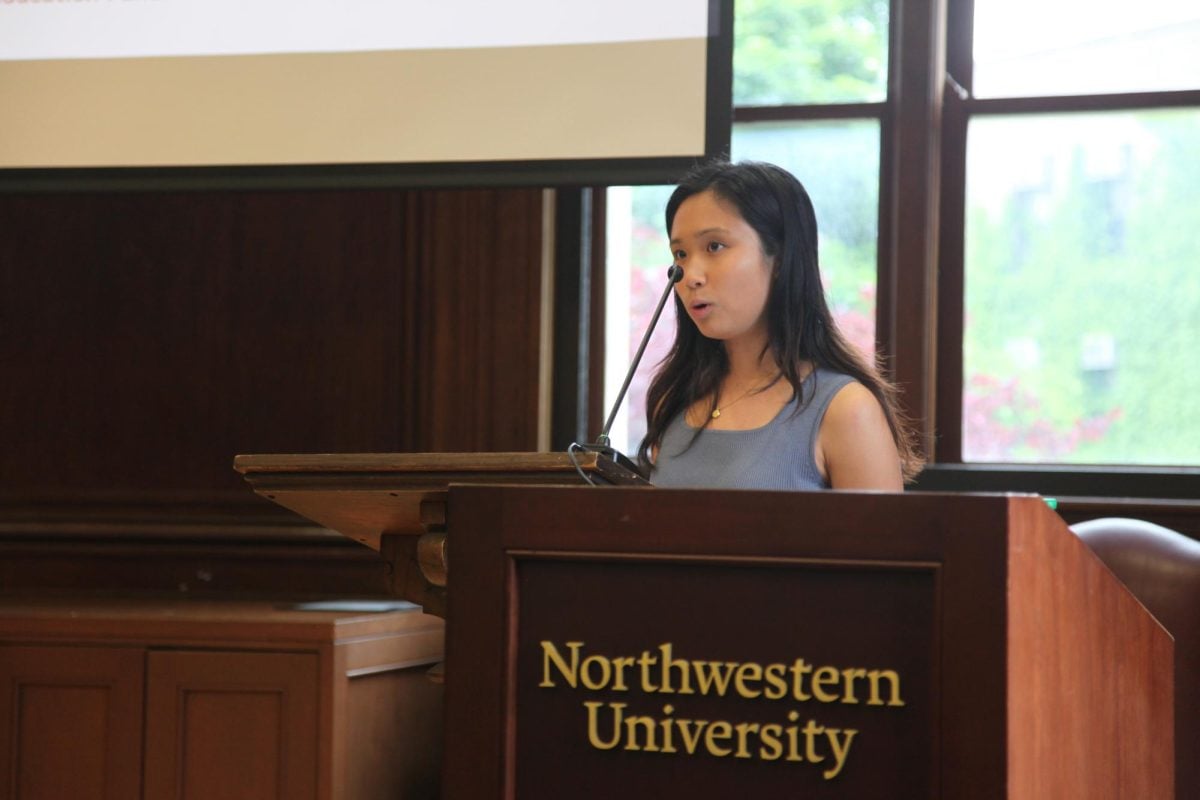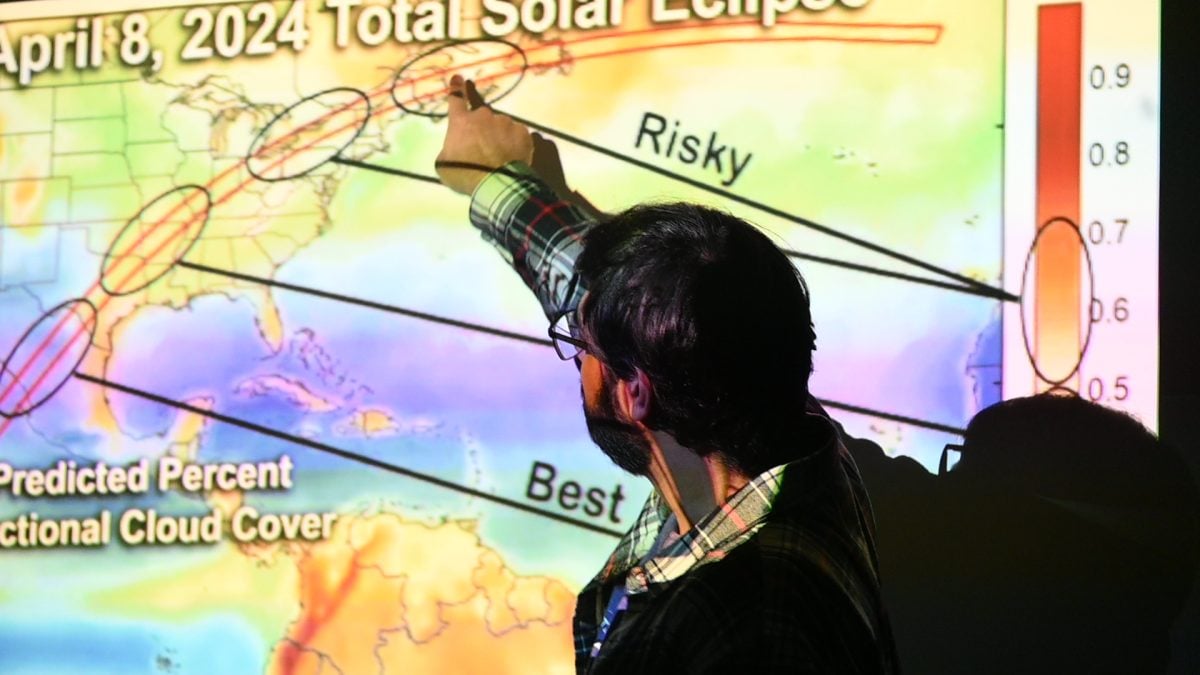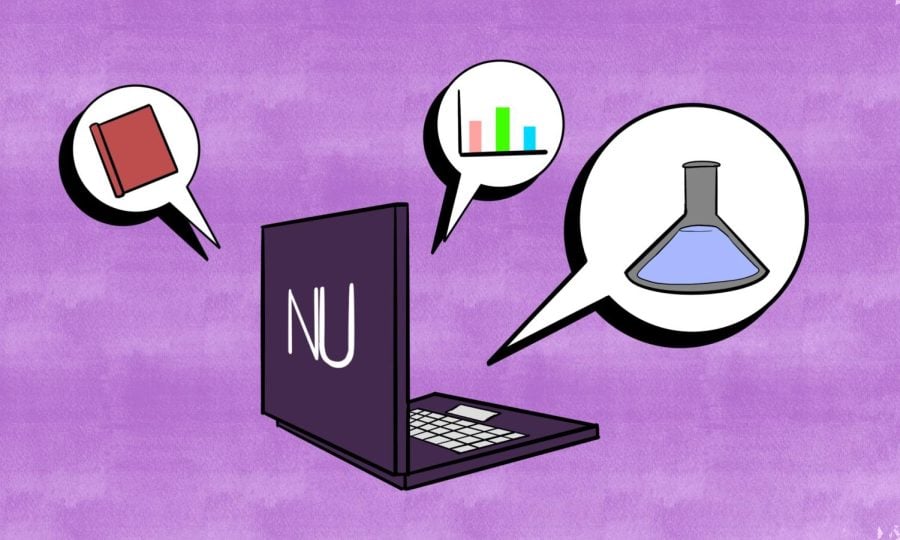Northwestern researchers, along with researchers from Boston College and the Massachusetts Institute of Technology (MIT), have developed a new brain-like synaptic transistor, the University announced Dec. 20. The device is a brain-like computer capable of associative learning — a higher level of thought beyond machine learning, according to the release.
Scientists are working to create more advanced computers after recent advances in Artificial Intelligence research. The new device is able to simultaneously process and store information, much like the human brain.
“In the brain, memory and information processing are co-located and fully integrated, resulting in orders of magnitude higher energy efficiency,” Northwestern Prof. Mark Hersam said in the release. “Our synaptic transistor similarly achieves concurrent memory and information processing functionality to more faithfully mimic the brain.”
Hersam, who teaches in three NU schools — the McCormick School of Engineering and Applied Science, Feinberg School of Medicine and Weinberg College of Arts and Sciences — co-led the research project, along with Boston College Prof. Qiong Ma and MIT Prof. Pablo Jarillo-Herrero.
Their new device is unique in that it can be sustained at room temperature, while many similar devices require storage at extremely low temperatures. It also consumes little energy, operates at faster speeds and retains stored information even when power is removed.
This synaptic transistor is also capable of pattern recognition, a hallmark of human thought. According to the researchers, this makes it easier for the device to understand complex inputs than other AI models.
“Imagine if you are using a self-driving vehicle, and the weather conditions deteriorate,” Hersam said in the release. “The vehicle might not be able to interpret the more complicated sensor data as well as a human driver could. But even when we gave our transistor imperfect input, it could still identify the correct response.”
Email: [email protected]
Twitter: @SQPowers04
Related Stories:
— NU Prof. Dayne Swearer receives 2023 Packard Fellowship
— Buffett Institute hosts Conference on AI and National Security
— McCormick Prof. Vadim Backman develops new lung cancer test












